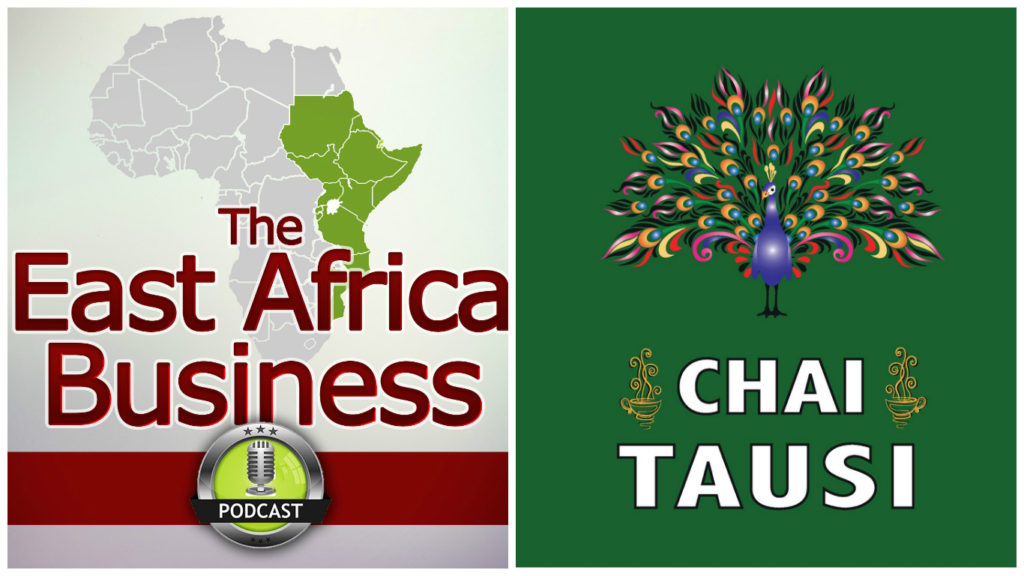Overview
Tea is an product that has a strong industrial base in East Africa.
It’s been going for years, meaning that many companies have emerged and there is a pretty competitive landscape.
In this episode I speak with Toby, Operations Manager at Chai Tausi in Tanzania
We discuss the supply and sales network that they have in place, the best conditions for growing tea across the region and the considerations when it comes to making their blend.
I’ve spoken to a lot of high tech companies on my tour in East Africa but this is a proper old school business that we chat about.
I hope you enjoy it as much I did
Sign up below to hear whenever there are new stories and episodes released on the podcast
Here are some of the key quotes:
“We’re a tea packing company”
Based out of Arusha in Northern Tanzania. We blend and pack in Arusha and then distribute across the local market.
“Increasing costs led us to move”
We were originally in Dar es Salaam, but found that costs (financial and time) were getting high and so relocated the processing plant upcountry.
“Our tea comes from one area”
All of the tea comes from our sister company which ensures we have a steady supply. If we need more tea we can always find other producers in that region.
“Tea can be picked throughout the year…”
but it’s best to do it at certain times, especially after rainfall. It means there are peaks and troughs of supply over the year.
“Shelf life of 3 years”
This means it’s possible to stockpile to buffer for the variance, however this can be difficult with tight cash flow.
“Kenya and Rwanda have better tea quality”
In Rwanda this is owing to the geographical conditions. In Kenya, there is still good geography but there is also a learning aspect of having grown it for years.
“Tanzania has a less competitive market”
Which means that, as well as having lower costs, we are able to make the most of being close to the market. We’re really competitive on price.
“Tea is drunk differently in Tanzania”
In a big pot the tea, milk and sugar is boiled up and then drunk throughout the day. Often it is eaten with bread for breakfast.
“Quality comes from…”
Colour, aroma and taste. Our factory manager checks the quality every morning by tasting samples that come in.
“Blending is key”
This is all about mixing high grade and low grade tea. Costs can come down by combining the grades meaning we get a good quality tea at an affordable price.
“Tea prices vary”
And so we’ll adapt each blend based on the price and availability of the tea that we have available.
“The factory runs Monday to Saturday”
The set up takes the tea leaves through the production line where it gets jumbled together and then put into packets before being sent off.
“The machinery is all from India”
Which we get second hand and means there is a good market for spare parts which is an important consideration.
“Depots around the country”
We send our tea across Tanzania to sales agents who then go out and sell to wholesalers around a region. The orders are generally consistent each month.
“Our indirect competitor is phones”
Income is a big determinant of sales. There’s a real opportunity cost when money is spent. Other factors are the weather and the price of sugar.
“We’re looking elsewhere in Africa”
The factors we’re considering are whether there are local producers of tea, and what are the current tea prices. DR Congo is looking promising though the key is getting a good distributor.
Social Media Follows etc.
Website: no need…
Facebook: Chai Tausi
